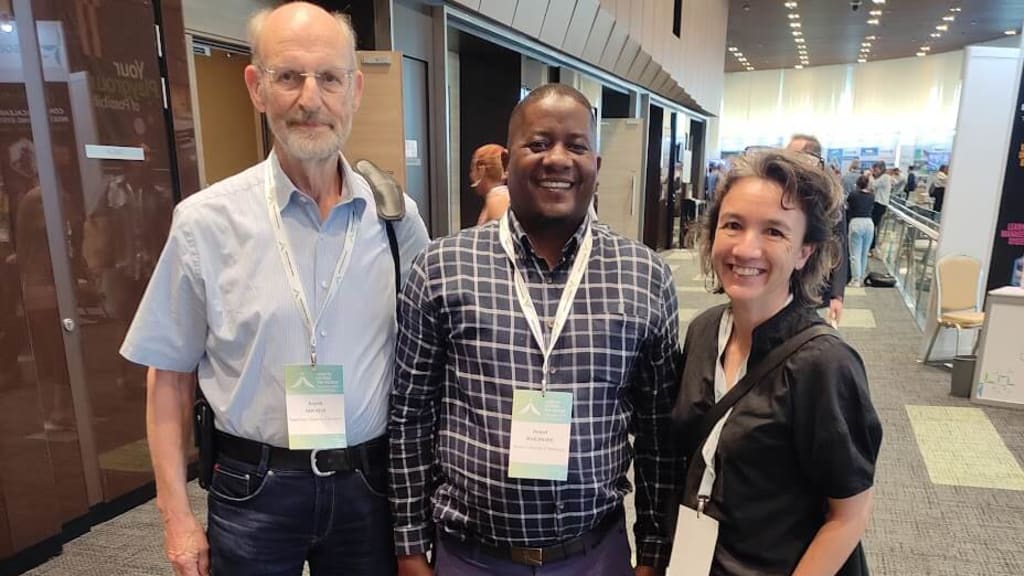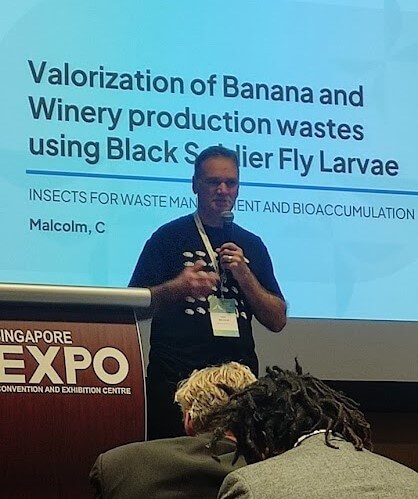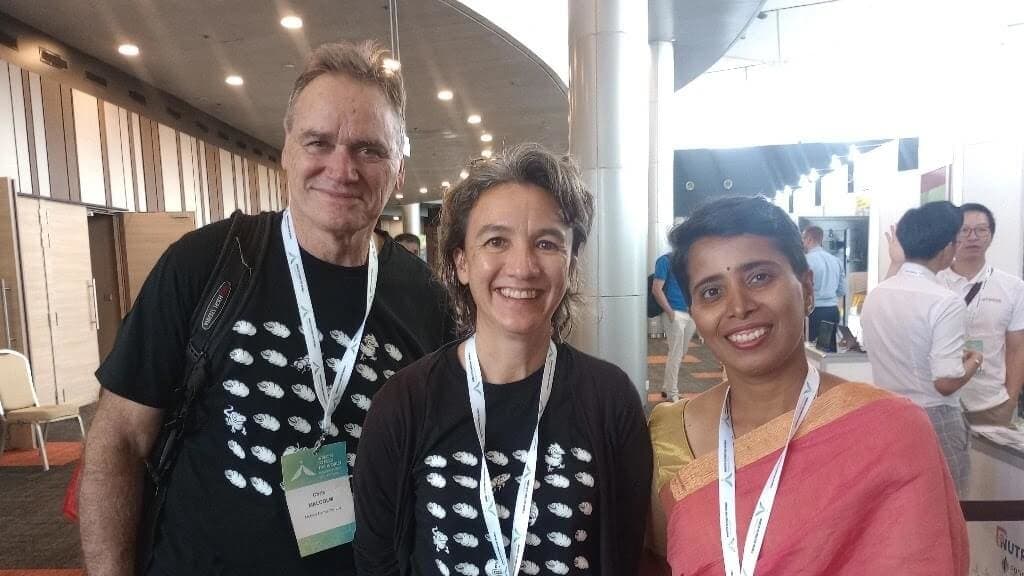Insects to Feed the World Conference: for love of insects
Hosted by the ASEAN Food and Feed Insect Association (AFFIA), this international event brings together researchers, suppliers and industry professionals from across the globe to share knowledge and experience of the insect industry.
Attendees strongly believe that insects play an important role in world ecosystems and that offer significant opportunities to more sustainable food and health systems. Almost infinite in their diversity, over 90% of the animals on earth are insects. For centuries, we’ve been told to treat them as the ‘enemy’ but attendees at this conference believe we should see them as ‘heroes. For food and feed, for fertiliser, for animal and human health, the role of insects will significantly change over the next decade.
An industry in metamorphosis
 The global insect industry has undergone some rapid growth and development over the past few decades. Whist there have been some high profile ‘fails’, they have been foundations for the industry to learn and grow. Consequently, the global insect industry has undergone a diversification. As Martin Zorillo, CTO of Nutritional Technologies and Chair of AFFIA noted in his welcome address, “we are now seeing a diversity in company methodologies and business models, a diversity in people, skills, culture and experience. We are looking outside the trade to see what works and what doesn’t.”
The global insect industry has undergone some rapid growth and development over the past few decades. Whist there have been some high profile ‘fails’, they have been foundations for the industry to learn and grow. Consequently, the global insect industry has undergone a diversification. As Martin Zorillo, CTO of Nutritional Technologies and Chair of AFFIA noted in his welcome address, “we are now seeing a diversity in company methodologies and business models, a diversity in people, skills, culture and experience. We are looking outside the trade to see what works and what doesn’t.”
CEO of Protix, Kees Arts shared his reflections on the current and future state of the global insect industry. He said that the industry has been concerted in their efforts to ensure that there is a strong foundation of insect science and food safety. The challenge for the industry looking forward is how it builds on that foundation. To do so, he said the industry needs to “Commercialise better. Compete harder. Collaborate smarter”. I’d like to add that we need to communicate stronger to continue to build and broaden the understanding of the benefits of insects and their commercial applications.
Over the next three days, the Singapore Expo halls were a-buzz with the latest research on frass applications, genomics, urban food circularity, biotechnological applications, breeding optimisation, product safety and insect welfare standards. An exhibition hosted industrial insect farming equipment and consultancies servicing the global insect industry.
Mobius Farms takes the stage

Mobius Farms was proud to have three research projects included in the IFW 2024 conference program. This demonstrates our commitment to collaboration and knowledge transfer to build the domestic and international insect farming community.
Dr. Permal Deo, a molecular biologist, lecturer and researcher with the School of Clinical and Health Sciences UniSA delivered a summary of his studies into the ‘bioaccumulation of phytochemicals and antioxidant activities of Hermetia Illucens larvae raised on different substrates.’ The study compared different analytical methodologies and the influence that different feed substrates had on total phytochemical and antioxidant concentrations in the protein and lipid fractions of the larvae. The results of these studies will inform further research into using black soldier fly larvae to produce compounds of benefit to animal and human health applications.
Dr. Matthias Salamon, soil scientist and researcher at the University of Adelaide Waite Campus delivered an engaging presentation on his studies on the impact of insect frass on seed germination and seedling growth. Understanding the properties of insect frass will better inform producers and consumers as to how to maximise its benefits.
Co-Founder of Mobius Farms, Chris Malcolm shared findings from feed substrate trials using banana farm waste and grape marc. These organic waste streams are commonplace across the globe and his presentation attracted interest from many researchers and producers. Both larvae and frass properties were compared for different concentrations of the feed substrates and an analysis provided for their potential commercial applications as feed and fertiliser.
Final thoughts
Attending the Insects to Feed the World 2024 conference was rewarding in more ways than one. It is always very validating to be around people who understand “your world”. The Australian insect industry is very small and geographically dispersed. Information sharing and collaboration is fogged by a desire to maintain competitive advantages. More broadly, the industry has certainly undergone significant changes over the past 10 years. Some giants have fallen, as well as many smaller start-ups. New technologies have been born with varying levels of adoption and success. Research publications have exponentially increased but the level of investment has somewhat stagnated. We remain inspired by the agility of the businesses in south-east Asia and Africa. Their focus on commercial viability and their end customers has resulted in a certain freedom of operation and business growth when compared to the large scale, VC backed operations. The future is bright for the insect industry as we stand at the starting line of “phase II” of growth and development. This next phase will see stabilisation of insect farming business models. If the themes emerging through the conference and the direction of academic research is a suitable indicator, we will see more and more companies pivoting to biotech, genetic modification and biorefining to further valorise insect derived products.
For more information on any of the research projects Mobius Farms presented, please contact us.
